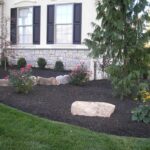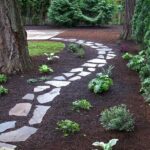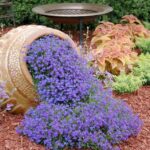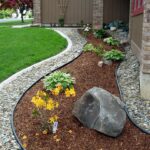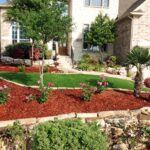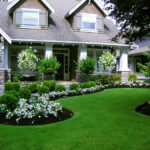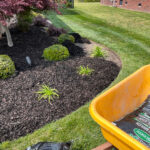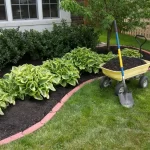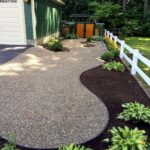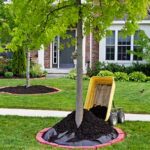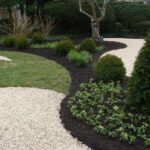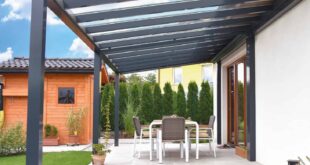Landscaping mulch is an essential element in creating a beautiful and well-maintained outdoor space. Not only does mulch provide aesthetic appeal, but it also helps to improve soil health, retain moisture, and suppress weeds. There are many different types of mulch to choose from, each with its own unique benefits and characteristics.
One popular mulch option is wood chips, which are made from chipped or shredded wood. Wood chips are readily available, affordable, and easy to spread. They also break down slowly, providing long-lasting coverage for your garden beds. However, it’s important to note that wood chips can deplete nitrogen from the soil as they decompose, so be sure to supplement with nitrogen-rich fertilizer as needed.
Another common mulch choice is shredded bark, which is often made from the bark of pine, cedar, or cypress trees. Shredded bark is a great option for adding texture and natural color to your landscaping. It also helps to improve soil structure and retain moisture. Just like wood chips, shredded bark decomposes slowly, providing lasting benefits for your plants.
For a more decorative touch, consider using colored mulch made from dyed wood chips or shredded bark. Colored mulch comes in a variety of shades, allowing you to customize your landscaping design to suit your aesthetic preferences. Keep in mind that the dye used in colored mulch may fade over time, so you may need to replenish or replace it periodically to maintain its vibrant color.
If you’re looking for a low-maintenance mulch option, consider using stone or gravel. Stone mulch is durable and long-lasting, making it a great choice for high-traffic areas or areas prone to erosion. Gravel mulch can also help to improve drainage and prevent soil compaction. However, it’s important to choose a size and color of stone or gravel that complements your landscaping design and doesn’t clash with your plants.
In addition to traditional mulch options, there are also organic mulches like straw, hay, or leaves that can provide natural benefits to your garden beds. These materials can help to improve soil structure, retain moisture, and add nutrients to the soil as they decompose. However, organic mulches may break down more quickly than woody mulches, so you may need to replenish them more frequently.
Overall, landscaping mulch is a versatile and essential element in creating a healthy and beautiful outdoor space. Whether you choose wood chips, shredded bark, colored mulch, stone, gravel, or organic materials, mulch can help to enhance the aesthetics of your garden beds while also improving soil health and plant growth. Consider experimenting with different types of mulch to find the best option for your landscaping needs.

